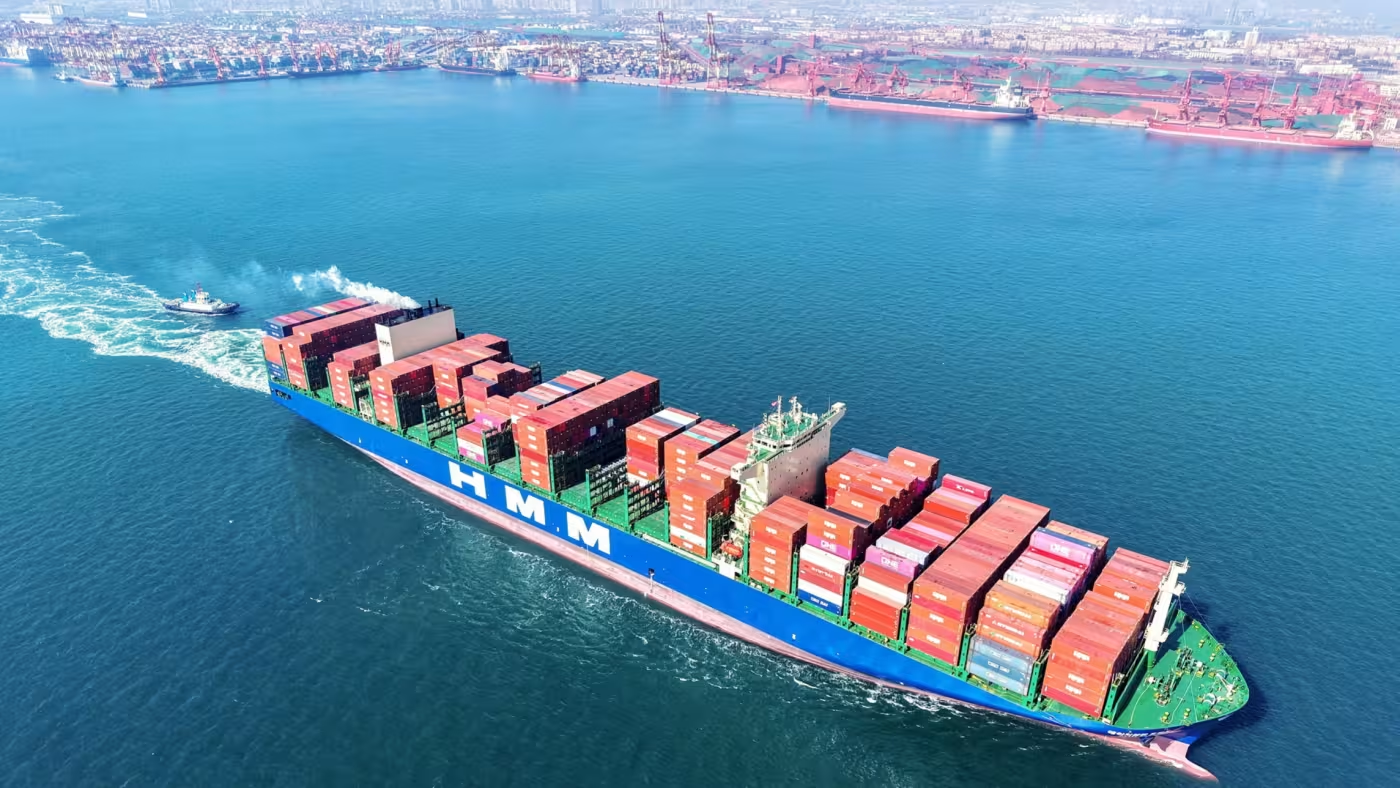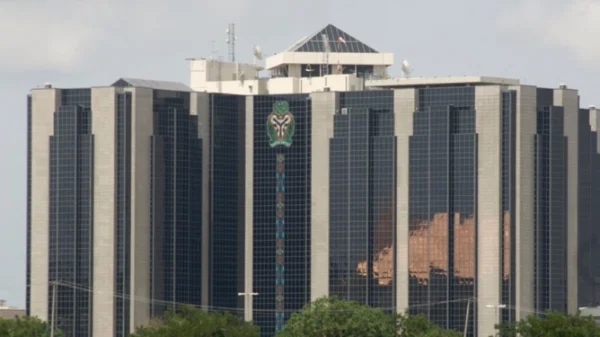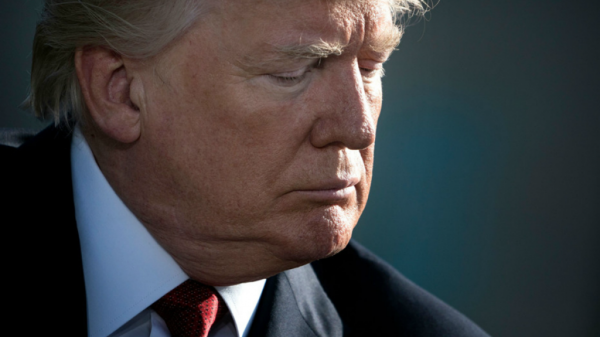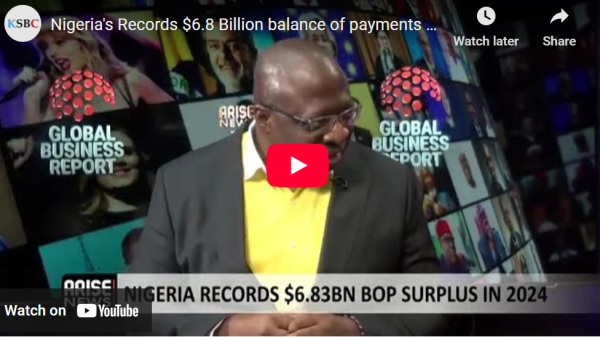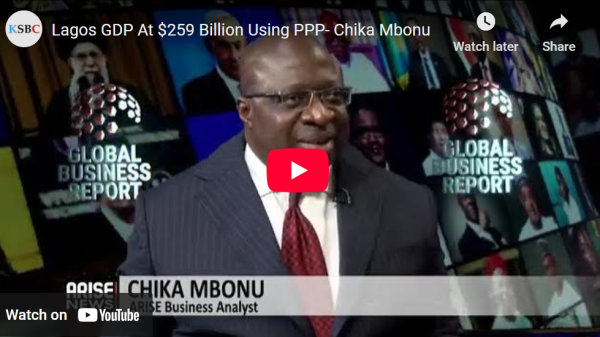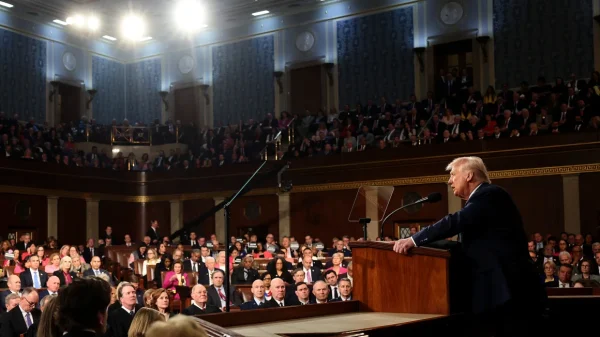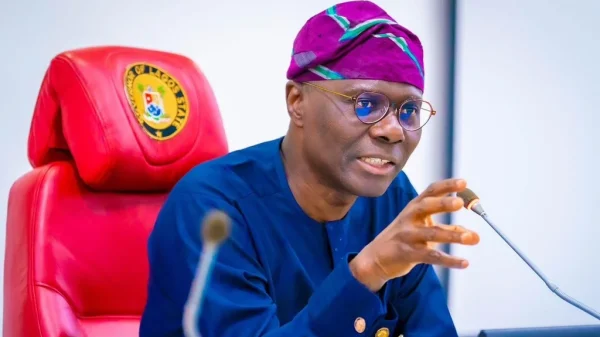The Nigerian Export Promotion Council (NEPC) recently reported that the nation earned N9.65 trillion from non-oil exports in 2024, representing a rise from N3.14 trillion recorded in 2023. In naira terms, the 2024 non-oil export value represents three times the 2023’s.
At first glance, it seems like a success story. However, a deeper look tells a different story.
In dollar terms, the non-oil export value stood at $5.45 billion in 2024, representing just a 20.79 percent increase from the $4.517 billion recorded in 2023. This shows that the naira gap looks exaggerated in dollar terms.
With naira devaluation, a $2 billion earned from the non-oil export in 2024 could mean over N3 trillion. The same dollar income in 2019 meant a little over N600 billion. But that is not all.
The reality is that crude oil still dominates Nigeria’s exports. Latest NBS data show that crude oil exports represented 65.44 percent of total exports in 2024, followed by liquefied natural gas, and other petroleum gases which find their way to America and Europe.
Non-oil exports are mainly driven by agricultural products like cocoa, seeds, soybeans, cashews and others, including some manufactured goods. Non-oil exports has been far less than 10 percent of the total trade over the years.
The CBN in January said that earnings from non-oil exports went up in September mainly because of increased sales of farming products.
While higher naira revenue is good news for the national purse, the reality is that non-oil exports still make up a smaller share of total trade.
Odiri Erewa-Meggison, chairman of the Manufacturers Association of Nigeria Export Promotion Group (MANEG), said that Nigeria’s non-oil contribution to exports remains low due to a combination of issues, including poor structure and the high cost of production.
“High cost of borrowing, inflation, depleting infrastructure, anti-business regulations by ministries, departments and agencies whose purview covers the manufacturing and export value chain, and high electricity tariff are some of the major issues limiting our non-oil export potential,” she had earlier told BusinessDay.
The rising logistics cost, due to high diesel and petrol prices, widespread insecurity and delays in administering export incentives further weaken Nigeria’s trade position.
CBN’s role
After floating the naira last year to reduce demand for imports, the CBN has argued that economic fundamentals must be solid for the country to benefit from a floating exchange rate.
“Until the fundamentals are fixed and in place, you will continue to sub-optimise,” said Olayemi Cardoso, governor of the CBN, after an MPC meeting in October 2024.
“As long as we are a monolithic economy, the constraints to having the strong exchange rate that we all desire will continue to be hampered…There’s only so much that the central bank can do.”
According to Obiora Madu, a trade expert, Nigerian products are more expensive than others in the international market as the local producers and exporters still struggle with poor infrastructure that often makes their products.
The NEPC has now set a new 30 percent growth target for non-oil exports. However, it is unclear whether this is a growth in volume or revenue as one does not necessarily need the other to happen.



























